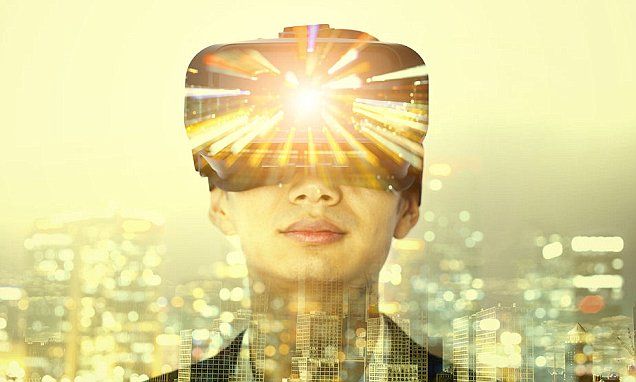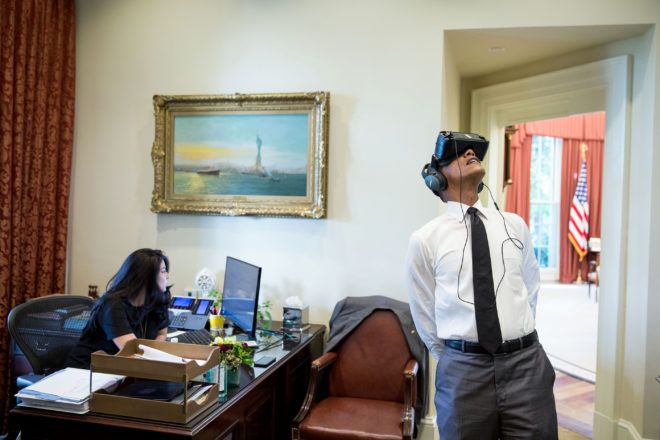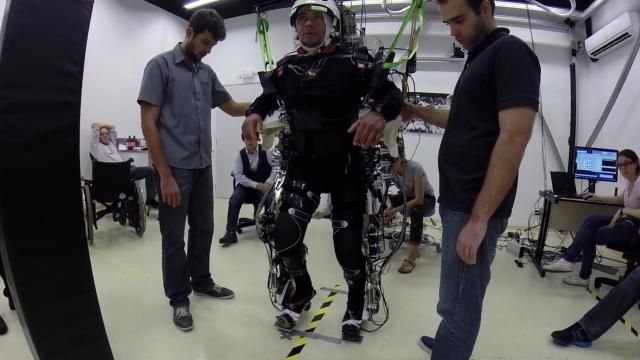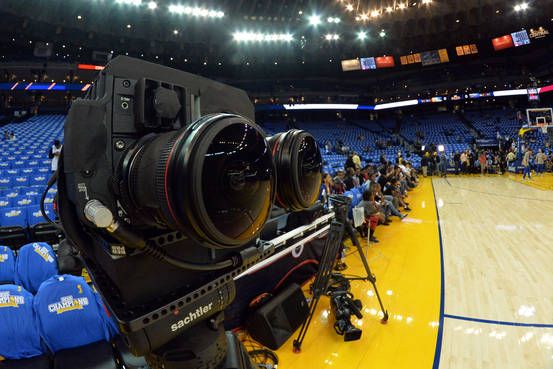The 360° video industry is about to dramatically change; these guys have solved multiple of the problems facing the medium.
Category: virtual reality – Page 83
Virtual Reality Gets More Immersive With Face Tracking Software
VR can now pretty much transform us all into virtual characters.

Virtual reality robots could someday TELEPORT juries to crime scenes
Virtual reality robots could someday teleport juries to gruesome crime scenes to investigate murders…
Juries are rarely allowed to visit crime scenes.
There are some exceptions, usually in difficult, high-profile murder cases such as the O.J Simpson trial in 1995.
Asking jurors to become fact finders in this way comes with a range problems, from possible biases to the logistical and security challenges.


25 Years Later After The Crash, Web and VR Are Finally Converging For Real — By Tony Parisi | UploadVR
“Twenty five years after the first consumer VR crash, virtual reality is poised to upend human-computer interaction, the Internet has disrupted every facet of life as we knew it back then, and the two are now on a collision course.”

Watch the stunning first trailer for the Rick and Morty VR game
The Job Simulator team is about to blow your plumbus clean off.



Facebook’s 10-Year Plan: Connectivity, Artificial Intelligence, And Virtual Reality
Earlier this year at Facebook’s F8 conference, the company revealed three innovation pillars that make up the company’s ten-year vision: connectivity, artificial intelligence (AI), and virtual reality (VR). Facebook’s Chief Technology Officer Mike Schroepfer is responsible for leading each of them. Despite the fact that the vision is ten-years in duration, the company has made significant progress in each.
Facebook’s progress in AI can been seen in everything from the company’s news feed to the way in which people are tagged. The virtual reality innovations are best demonstrated through the Oculus Rift, which I demo’d last Thursday. More recently, the company made a great flight forward on the connectivity pillar as Acquila, a long-endurance plane that will fly above commercial aircraft and the weather, took flight in Arizona. The goal is for this v-shaped aircraft that has a wingspan longer than a Boeing 737, but weighs under 1,o00 pounds to bring basic internet access to the developing world.
I met with Schroepfer at Facebook’s headquarters in Menlo Park, and we discussed these three pillars and a variety of other topics, including the company’s recruiting methods, how the company maintains its innovative edge, and the logic behind its headquarters — one of the largest open-space offices in the world.